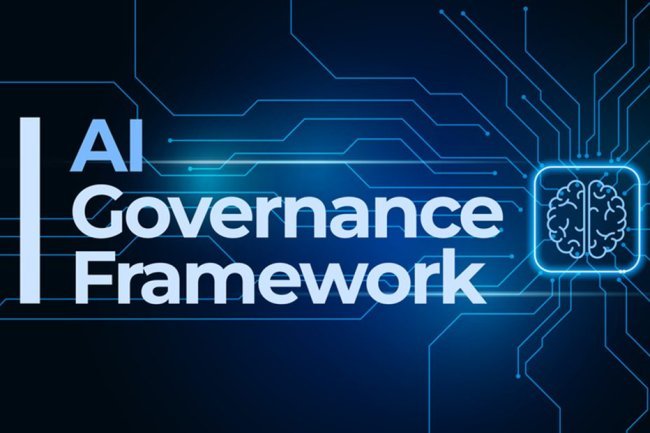CIOs Advised to Strategically Pace AI Adoption at Gartner IT Symposium 2024

CIOs Advised to Navigate AI Adoption with Caution at Gartner IT Symposium 2024
At the recent Gartner IT Symposium 2024 in Gold Coast, artificial intelligence (AI) took center stage as experts urged Chief Information Officers (CIOs) to carefully pace their adoption of AI technologies in an ever-evolving landscape.
Mary Mesaglio, distinguished vice president at Gartner, highlighted that industries are experiencing varying levels of disruption due to AI. While some organizations can benefit from a steady adoption approach focused on productivity, those aiming for transformative change must consider more accelerated strategies. “AI-accelerated” approaches may be necessary for businesses striving to lead in AI innovation.
An example of a more measured approach can be seen in the Victorian Government's use of Archistar software to ensure compliance in building permit applications. This strategy has led to improved productivity and satisfaction among citizens and builders alike.
Conversely, sectors like pharmaceuticals are more receptive to AI-driven disruption. Eli Lilly, for instance, aims to achieve the equivalent of 2.4 million digital worker hours in 2024, leveraging AI to expedite product development and enhance revenue while reducing costs.
One of Gartner's key strategic trends for 2025 is "agentic AI," which shifts the role of AI from simply assisting humans to acting on behalf of organizations. This could include automating tasks such as creating proposals and evaluating responses. However, Mesaglio cautioned organizations to be mindful of the potential pitfalls of agentic AI, urging them to avoid creating a new generation of shadow IT or conflating it with robotic process automation.
Despite enthusiasm for AI tools, integration challenges remain. Gartner's research indicates that while 98% of IT leaders report employee eagerness to experiment with AI, 72% find it difficult to incorporate AI into everyday tasks. Concerns about “productivity leakage,” including longer breaks, also persist.
The benefits of generative AI (GenAI) can vary significantly across roles. Steenstrup noted that its advantages are most apparent in situations where job complexity and employee experience align. Misalignments may lead to issues such as jealousy or insecurity among employees.
Gartner recommends that all organizations implementing AI prioritize change management and co-create positive employee experiences. Those adopting AI at an accelerated pace should also engage behavioral experts and pilot agentic AI initiatives.
Financial considerations are crucial in AI project selection. Mesaglio warned that the costs associated with AI can escalate quickly, especially as vendors introduce GenAI features. Effective cost monitoring and understanding the potential for cost overruns—sometimes estimated at 500-1,000%—are essential for financial planning.
Gartner introduced a "tech sandwich" model for implementing AI, emphasizing the importance of centralized data as the foundation. Built AI and embedded AI sit atop this layer, while customizable AI models can be integrated into existing systems. Trust is a critical component across all layers, ensuring responsible AI usage and output.
CIOs are encouraged to leverage AI for their own tasks, adopting "augmented leadership" that combines human insight with AI-driven analysis. Kristin Moyer, another Gartner distinguished vice president, recommended starting small by using AI for policy drafting and presentation preparation before expanding its use.
By following these guidelines, CIOs can navigate the complexities of AI adoption while maximizing the technology's potential for their organizations.
Click Here to Visit
What's Your Reaction?
















